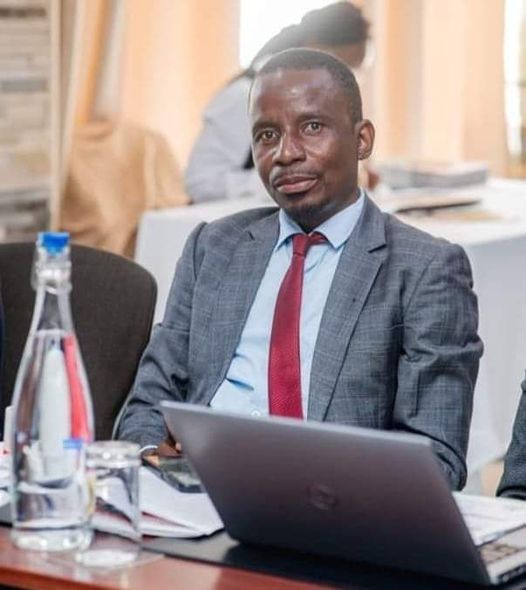ZUPED Urges Swift Action on KCM to Bolster Economy
The Zambians for Unity, Peace, and Development (ZUPED) has expressed concern over the ongoing non-functionality of Konkola Copper Mines Plc (KCM), highlighting its significant impact on the national economy.
ZUPED President Ronnie Jere stated that the weakening of the kwacha is partly due to the country’s reduced revenue from copper exports, a direct result of KCM’s operational halt.
Mr Jere emphasised that the favourable copper prices on the international market present a missed opportunity for Zambia to increase production and secure essential foreign exchange.
In his remarks, Mr Jere urged the government to expedite the handover of KCM to Vedanta Resources to facilitate a swift resumption of full operations. “We have faced numerous economic challenges, some of which could have been mitigated if KCM were operational. The weak currency is a consequence of our inability to export more and earn the necessary foreign exchange. Therefore, the government should not delay any further but ensure the mine resumes full operations,” he asserted.
Highlighting the broader economic implications, Mr Jere noted the potential for job creation. “KCM is a vital asset for generating employment on the Copperbelt, which would, in turn, stimulate economic activities both provincially and nationally. The mine has the capacity to create direct and indirect jobs, enhancing productivity and living standards.”
Mr Jere commended the government’s efforts, particularly through the Ministry of Mines and Minerals Development, to restore KCM’s viability. He expressed optimism following Mines Minister Paul Kabuswe’s recent announcement that negotiations with Vedanta Resources are set to conclude by the end of the month.
“This news gives us confidence that by July, we should witness significant progress at KCM, including the investor’s commitment of US$1.3 billion for mine recapitalisation, US$250 million to settle arrears to contractors and suppliers, and US$25 million for corporate social responsibility programmes,” Mr Jere concluded.



